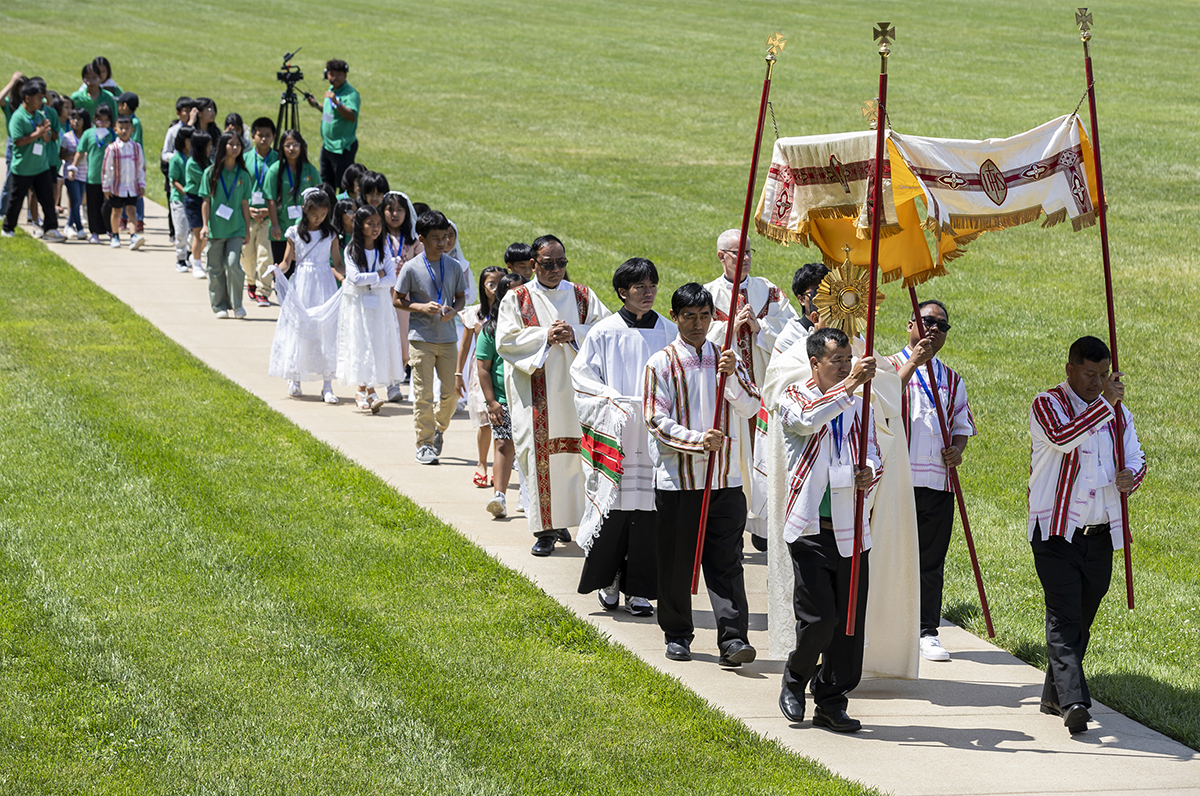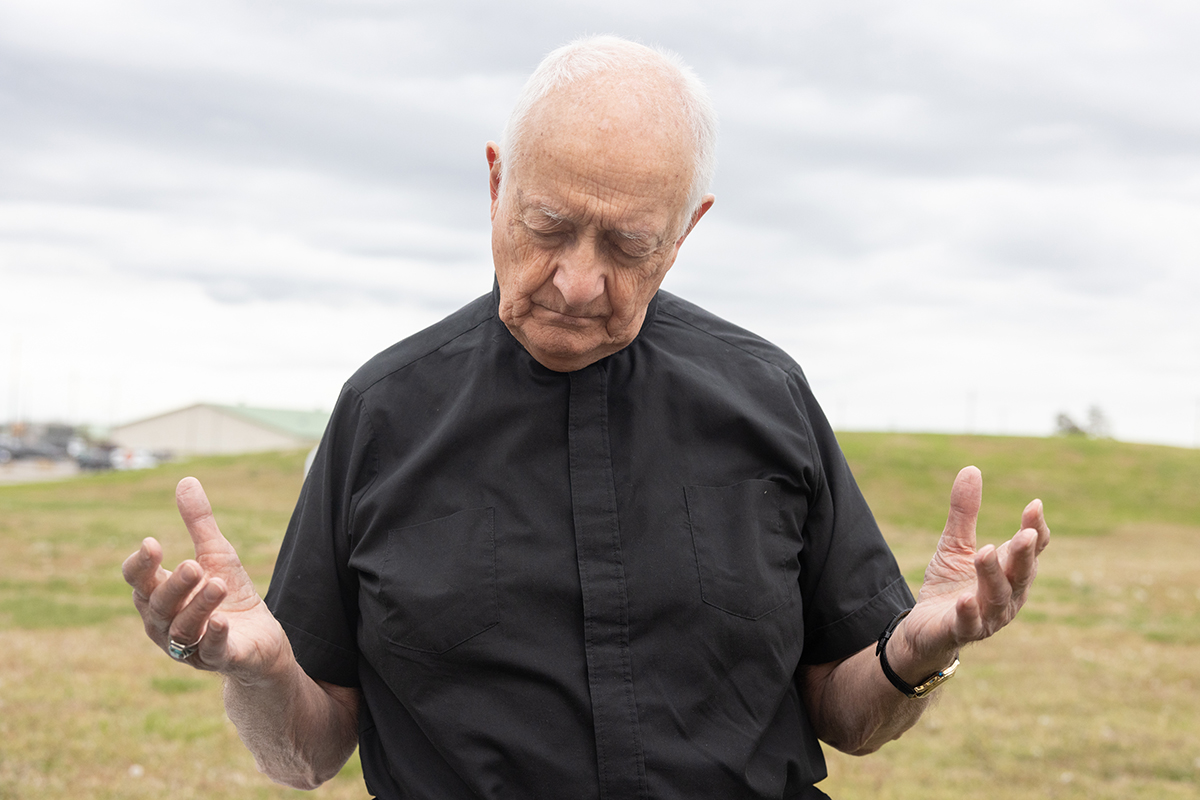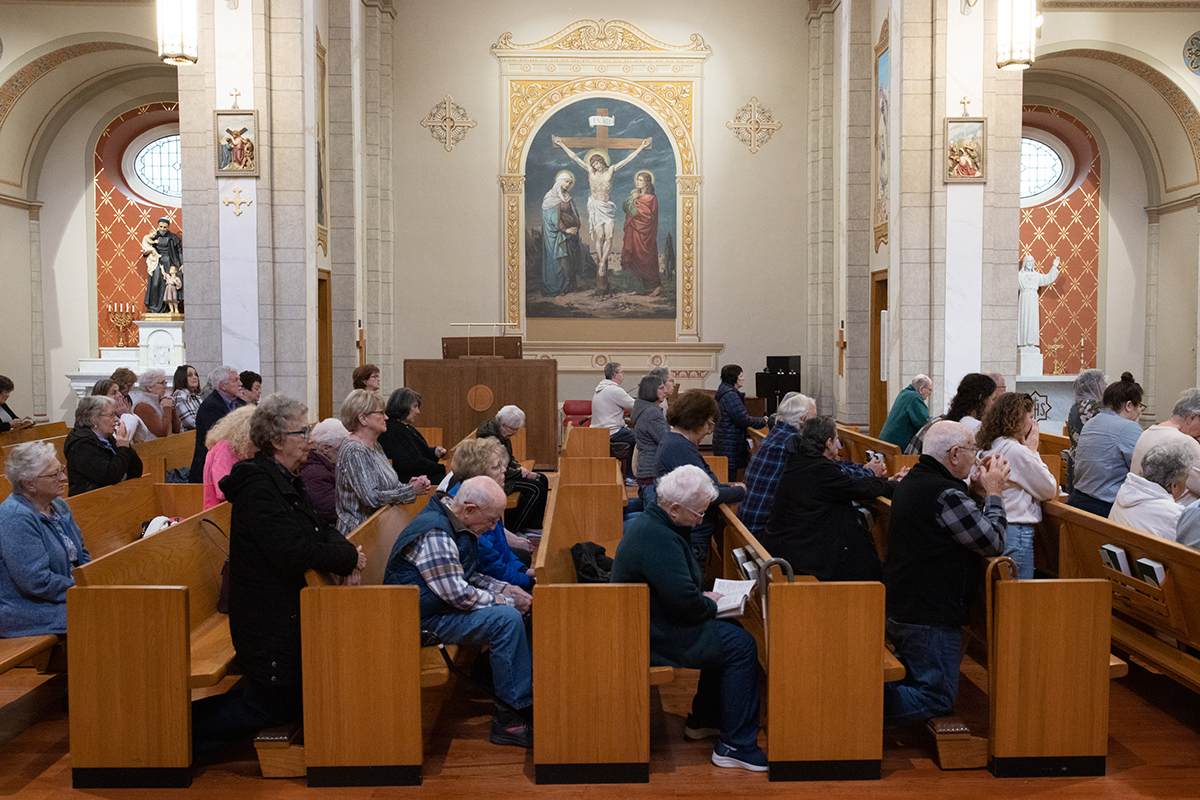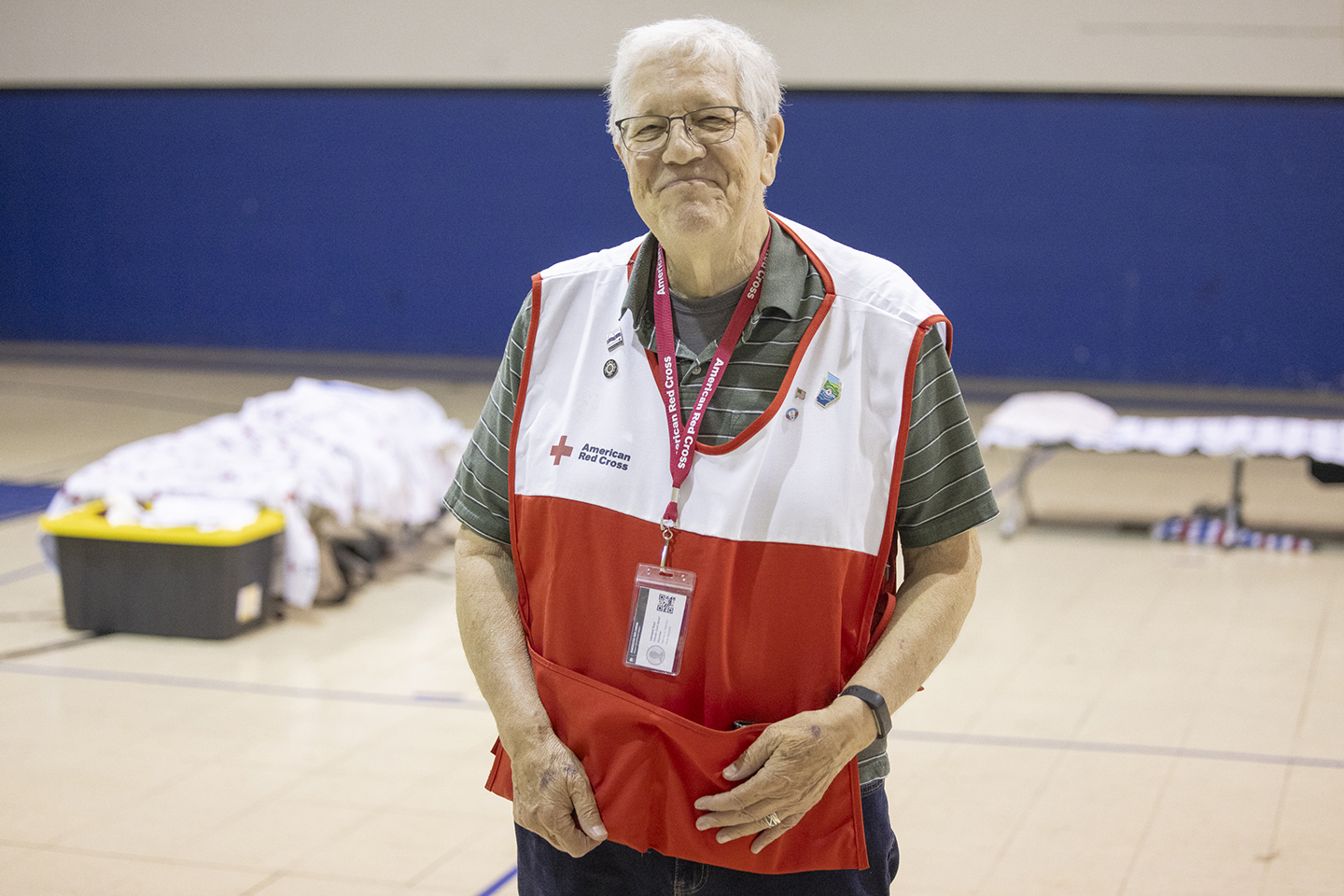Archdiocesan news
High percent of dioceses – including St. Louis – comply with charter
From February 2005: Archdiocese found to be compliant with Charter for the Protection of Children and Young People
Submitted on November 8, 2018
WASHINGTON (CNS) — An independent audit released Feb. 18 in Washington reported that 96 percent of the 195 U.S. dioceses — including St. Louis — and Eastern-rite eparchies were implementing every applicable article of the U.S. bishops’ policies to prevent clergy sex abuse of minors.
The report said that was the situation as of Dec. 31.
Despite the almost-total compliance, “continued external oversight and evaluation (are) essential” since compliance “may improve or diminish over time,” said the audit report for 2004 prepared by the bishops’ Office of Child and Youth Protection.
An audit “does not ensure that all offenders or potential offenders have been appropriately removed from ministry,” it added.
The report is based on independent, on-site audits of dioceses and Eastern-rite eparchies conducted by the Gavin Group Inc., based in Boston. This information was supplemented by data collected by the Center for Applied Research in the Apostolate, based at Georgetown University in Washington.
The 50-page report said that in 2004 there were 1,092 new allegations of child sex abuse made against 756 diocesan and religious priests and deacons, with most of the alleged abuse taking place in 1965-74. It said 73 percent of the accused, prior to the allegation, had been removed from ministry or were dead or missing. No breakdown of priests and deacons was given.
Half of the new allegations were against clergy who had been previously accused. Males accounted for 78 percent of the 1,083 accusers.
During 2004, the U.S. Church spent $158 million for sex abuse related activities, with more than $106 million paid in settlements to victims, the report said.
The figures include money spent by religious orders.
When added to other published figures, the U.S. Church has now spent about $1 billion in child sex abuse related costs since the beginning of 1950.
The statistics are contained in the 2004 annual report on the implementation of the “Charter for the Protection of Children and Young People.”
The child protection office prepared the report for the U.S. Conference of Catholic Bishops and the National Review Board, appointed by the bishops to monitor compliance with the charter. The all-lay review board approved the report before it was sent to the USCCB.
The charter was approved by the bishops in 2002 and calls for an annual compliance report.
Here are other major findings of the 2004 report on the implementation of the charter:
Seven of the 194 dioceses and eparchies audited were in noncompliance with at least one article of the charter.
The Diocese of Lincoln, Neb., did not participate in the audit process. “Since the charter is advisory in nature, the USCCB audit is optional,” read a statement from that diocese. “The Diocese of Lincoln participated fully in the initial audit conducted by the USCCB (in 2003) and this year has exercised its right to refrain from participation in an audit.”
- 3,277 victims and some of their relatives received outreach services from dioceses and eparchies.
- 43 priests were laicized.
- 66 priests and two deacons were told to lead a life of prayer and penance.
- 56 allegations received before 2004 were judged false in 2004.
- 57 of the allegations made in 2004 were judged false.
- 92 percent of the diocesan and eparchial priests needing background checks were screened.
- All of the deacons subject to background checks were screened.
- More than 97 percent of Catholic school educators have had background checks.
- Almost 79 percent of Church volunteers have had background checks.
- Almost 84 percent of diocesan and eparchial priests received courses on preventing child sex abuse.
- More than 82 percent of the deacons have taken prevention courses.
- More than half the children in Catholic schools and religious education classes have taken prevention courses.
- More than 1.4 million adults have taken abuse prevention courses.







